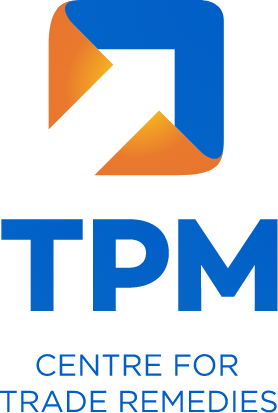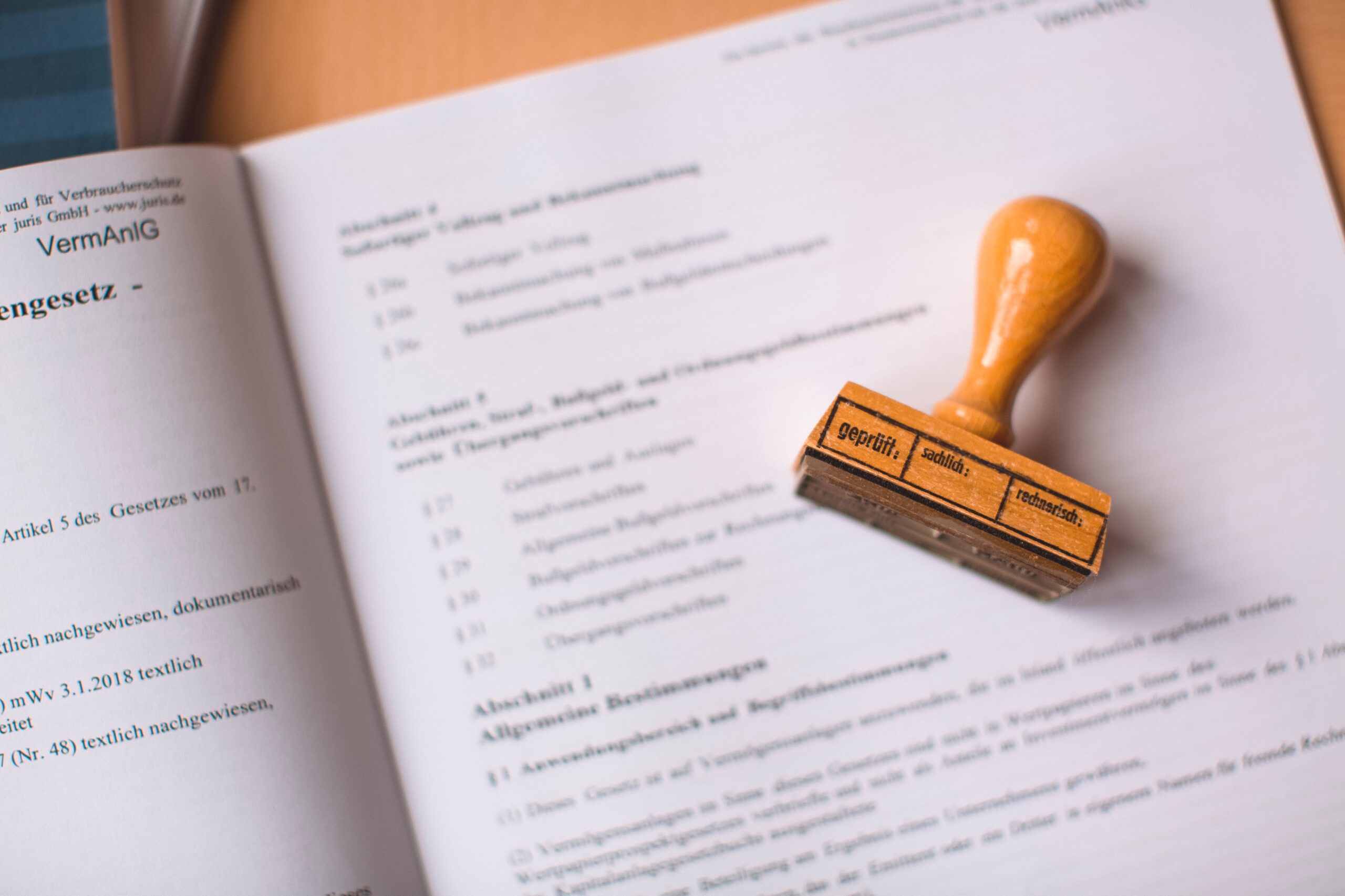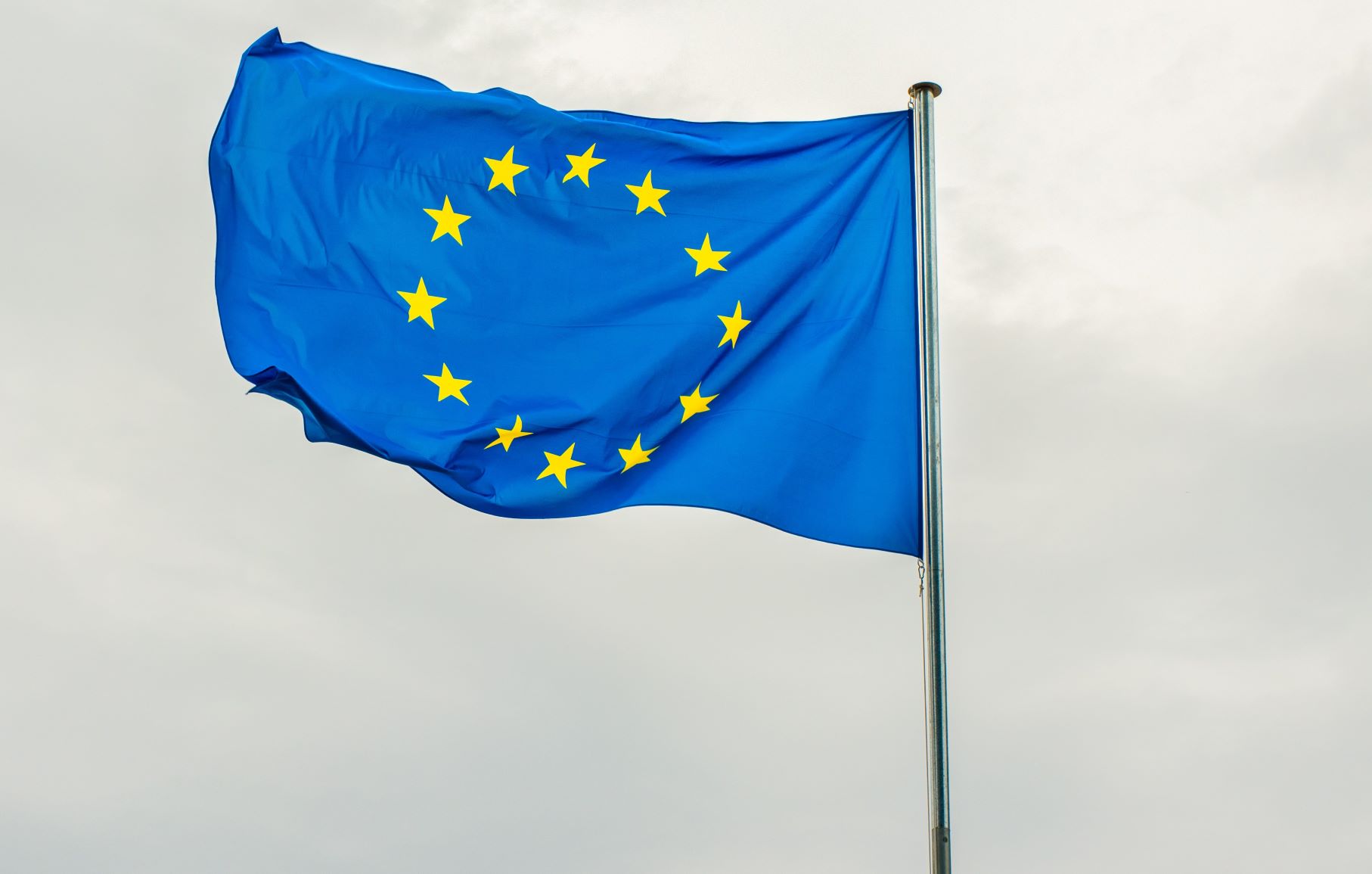Impact of Coronavirus on trade remedial investigations

Author: Sania Gupta
The world today has come to a near halt due to the COVID-19 (Coronavirus) pandemic. While undoubtedly the pandemic has unleashed a horror in terms of high infection and mortality rates, its severe impact on the global economy is also a cause of great worry. As the pandemic spreads its claws over the globe, a number of countries, including India, have been left with no option but to announce a lockdown. It is well recognized that the pandemic is likely to affect all sectors of the economy, and in particular, the global trade. In view of the significant impact of the virus, there is no doubt that trade remedial investigations would not be left unscathed as well. The impact of the pandemic on the various stages of trade remedial investigations has been discussed as below
Impact on collection of data and filing of applications
As a result of safety measures, the industries are not in a position to collect and provide the necessary information necessary to file the application. While the delay may not impact the industry as adversely in case of fresh investigations, it is likely to have an adverse impact in terms of sunset reviews. The present procedure of DGTR requires that a review application be filed at least 270 days before the expiry of anti-dumping duty. Further, the DGTR may allow an extension of 30 days, on due cause been shown. However, with all industries being impacted by the lockdown, it is likely that the industry may require further extension of time to file the applications.
Impact on initiation of investigation
While the DGTR continues to make efforts to minimize disruption of work, it is inevitable to avoid delays. The impact is likely to be more noticeable in terms of delays in initiation of investigations. A key issue which may arise from the delay in initiation is the possible need for change in period of investigation, that is, the period for which dumping or subsidy margin are determined. As per rules, this period cannot be more than six months old at the time of initiation of investigation. Therefore, wherever a period of more than 6 months has elapsed since the end of period of investigation, the DGTR would have to modify the period of investigation at the time of initiation. This may be difficult for the industries, that are already suffering from lack of resources owing to lockdown, and they would not be able to provide the necessary information in these conditions. Further, changes in period of investigation tend to be difficult for smaller producers, that face challenges in compiling data on a quarterly basis.
Another impediment caused by the lockdown is that, before initiation of an anti-subsidy investigation, the DGTR needs to provide opportunity for consultation to the government of the exporting country. This may be a real challenge, as such consultations may not be possible in the present scenario, resulting into delay in initiation of an investigation for an indefinite time.
Impact on ongoing investigations
Due to the severe precautionary measures imposed by the respective governments, it has become difficult for interested parties to furnish the information called for the investigating authorities. Already, the DGTR has granted multiple extensions in several cases, recognizing the fact that the interested parties would not be in a position to furnish the relevant information, in the present situation. Even other investigating authorities across the globe are adopting a more lenient position with regard to extensions of time for filing the responses. However, this would imply delays in investigations, which may add to the suffering of the domestic industry.
Moreover, the DGTR is required to provide an opportunity of oral hearing to all interested parties. If the interested parties waive the right to a hearing, the DGTR may dispense with oral hearings during this pandemic and instead, rely on written submissions which would allow completion of investigations. However, if the interested parties do not cooperate with the DGTR, it would lead to inordinate delays in completion of investigations.
Another hurdle which the DGTR may face is that it would have to suspend or postpone verification visits. In such a case, the DGTR may opt to call for further clarifications, explanations and evidences in the form of supplementary questionnaires, to satisfy itself of accuracy and adequacy of the information provided. In fact, such an approach is already being adopted by the other countries such as European Union and Egypt in their trade remedial investigations.
Nevertheless, at present, there are no concerns of the investigations themselves becoming time barred as the DGTR is allowed twelve months to complete the investigation. Further, the Central Government may allow a further period of six months for completion of the investigation, if so required. Therefore, there is no apprehension that the lockdown may result in investigations being defeated.
Need for provisional duties
Considering the injury to the domestic industry and delays in investigation due to COVID-19 pandemic, it is imperative that the DGTR consider recommending interim or provisional duties. As per the Rules, provisional duties can be imposed at any time after the completion of 60 days from the date of initiation for a period of 6 months. There is no upper limit to the time period within which such duties should be recommended. These duties would safeguard the industry from the cheap unfair imports and would allow additional time to DGTR to conduct investigations. These would also be fair to the foreign producers, as they will get additional time to provide required information.
Need for extension of duties
Barring some exceptions, there may not be a need for extension of existing duties in ongoing sunset review investigations so long as the effect of present lockdown remains contained. As stated above, applications for sunset review investigations are filed at least 270 days before the expiry of duty. Therefore, these investigations were initiated much before the expiry of duty. Further, the DGTR is making efforts to ensure that the investigations are completed within nine months from date of initiation. However, if, in any case, it is noted that the existing duties may lapse, the duties may be extended by the Central Government for further period of one year, for the duration of review.
Impact on future applications
COVID-19 pandemic is likely to have adverse impact on the future applications. In the present scenario, the demand itself has declined, leading to low imports. It may be more challenging for industries to establish that they have suffered injury in terms of increased imports. The DGTR may have to consider this period as an abnormal period, and, excluded it from consideration. This would need to be determined on facts and circumstances of individual cases.
Moreover, with almost all industries being impacted by the COVID-19 pandemic, it is likely that the industries suffer on account of the dumped / subsidized imports, as well as on account of the pandemic. Thus, it may become relatively difficult for the industries to prove causal link between dumping / subsidization and injury suffered. The industry would, therefore, have to establish, on facts, that it has suffered injury due to the imports, even if the effect of injury suffered due to the lockdown is identified and removed.
From the above, it is clear that although there is no doubt that the trade remedial investigations would be impacted by the pandemic and the ensuring lockdown, such impact would not be severe. It is indeed heartening for the domestic industry to see that the DGTR has been proactive in ensuring that the effect of disruptions is minimal. It is a testament to the efforts of the Directorate that, despite the pandemic affecting normal operations four findings have been issued during the month, of which three have been issued in the second half of the month. In fact, the DGTR has even issued findings during the period of lockdown. Therefore, the challenges being faced must be treated as only temporary hiccups, and the industry may rest assured that it would not be denied the necessary relief against unfair imports, on account of the virus.





